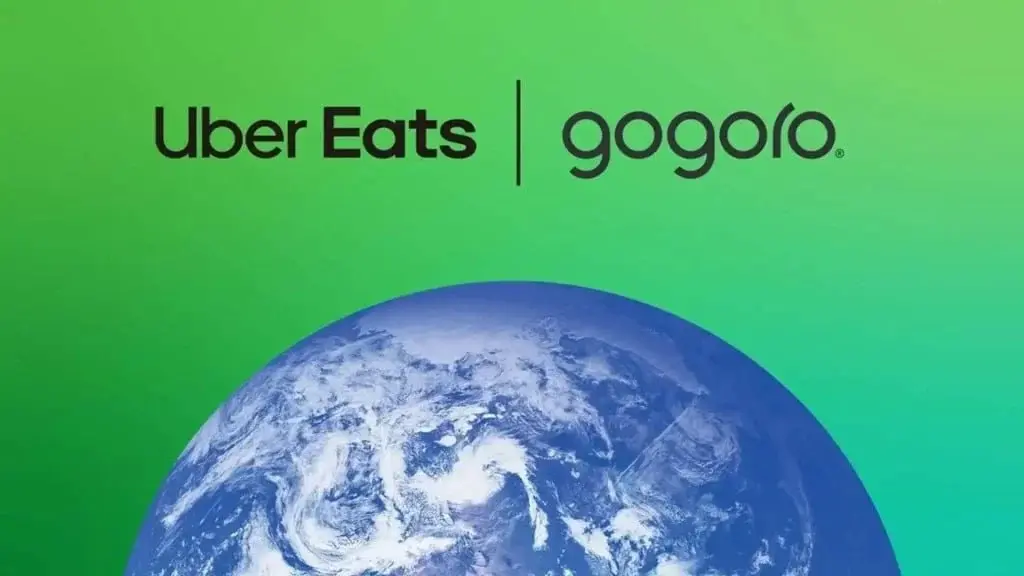Uber Eats and Gogoro Partner to Prioritize Sustainability in Food Delivery
In today’s world, convenience is key, and food delivery services like Uber Eats have become a staple in many households. These services bring our favorite meals right to our doorstep, making it a luxury that we have come to rely on in our daily lives. However, it is important to consider how these deliveries are made, especially when it comes to the impact on the environment.
That’s where the innovative partnership between Uber Eats and Gogoro in Taiwan comes into play. This collaboration is not just a simple business deal; it is a game-changer in the way food is delivered. With a significant investment of around $30 million, this partnership is shaking up the delivery scene by prioritizing sustainability.
Gogoro, a company known for its smart electric scooters and unique battery swapping system, is at the forefront of this green revolution. Through this partnership, Uber Eats couriers in Taiwan are offered special deals on these eco-friendly scooters and have easy access to battery stations. This is a significant development because it takes a step towards cleaner city air and a healthier environment.
By utilizing electric scooters for deliveries, every meal transported contributes to reducing the number of gas-guzzling bikes on the road. This translates to less pollution and a cleaner Taiwan. The goal is to double the percentage of electric deliveries from 20% to 40% by 2025. While ambitious, this target seems attainable with over 600,000 Gogoro riders already in Taiwan and a large number of available batteries.
Not only is this move beneficial for the planet, but it also makes sense for the couriers themselves. Electric scooters are easier to maintain, cheaper to run, and more user-friendly. Additionally, swapping a battery is a quicker process compared to refueling a tank. It’s a win-win situation for both the environment and the couriers.
The next time you order a meal from Uber Eats, take a moment to think about the journey it has made. Thanks to partnerships like this one, even your late-night snack can contribute to reducing emissions and paving the way for a greener future in food delivery. It’s certainly food for thought!


Leave a Reply